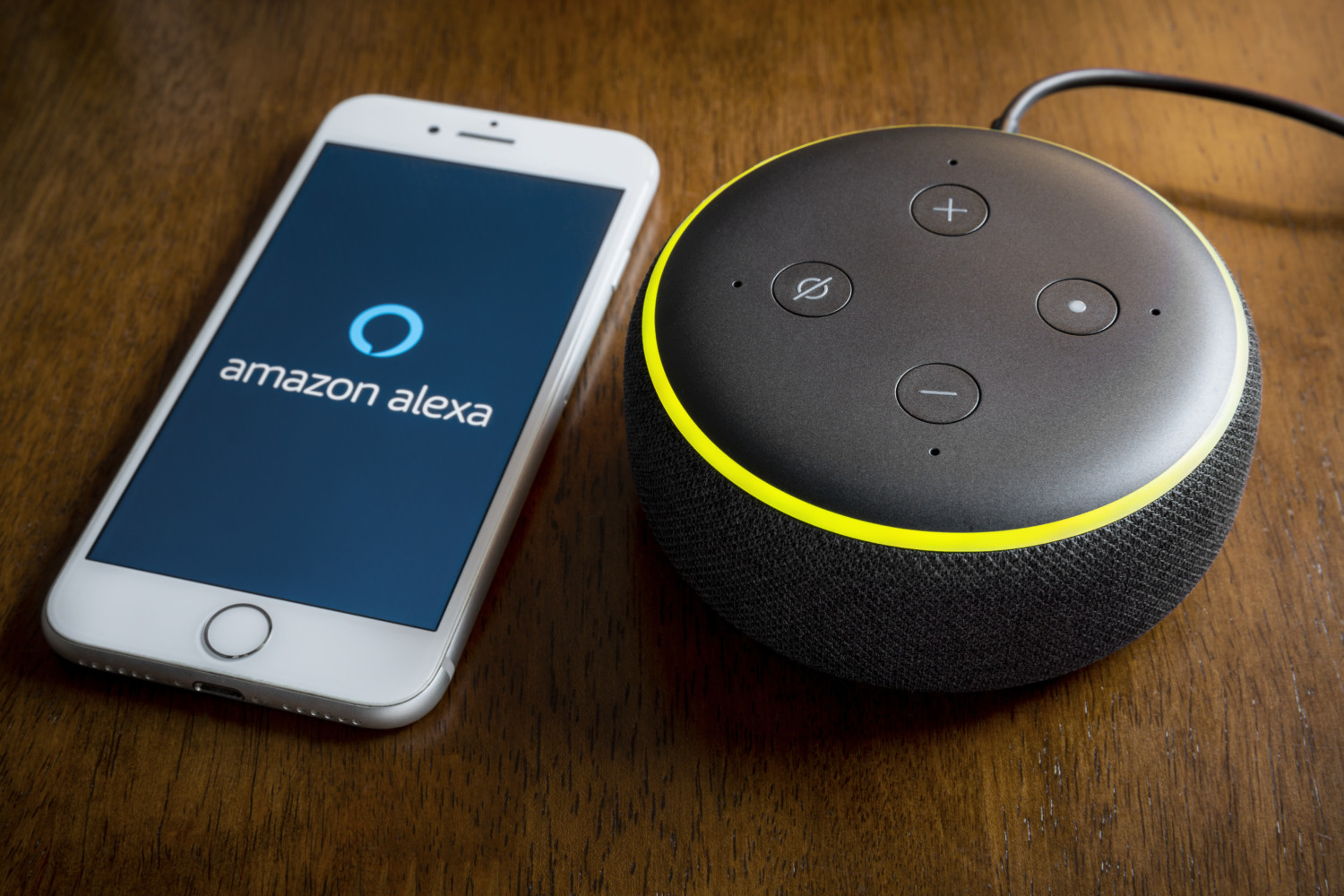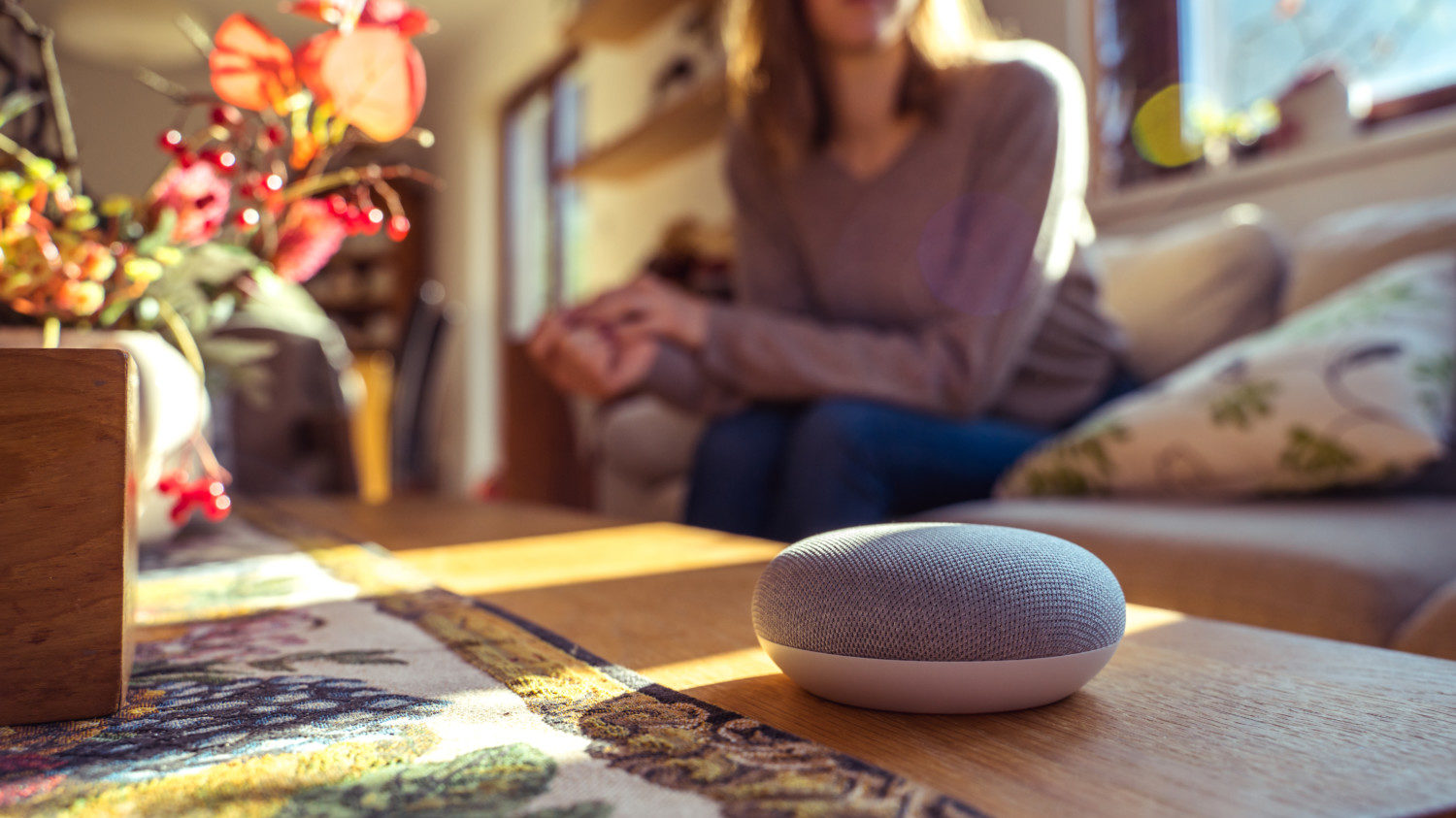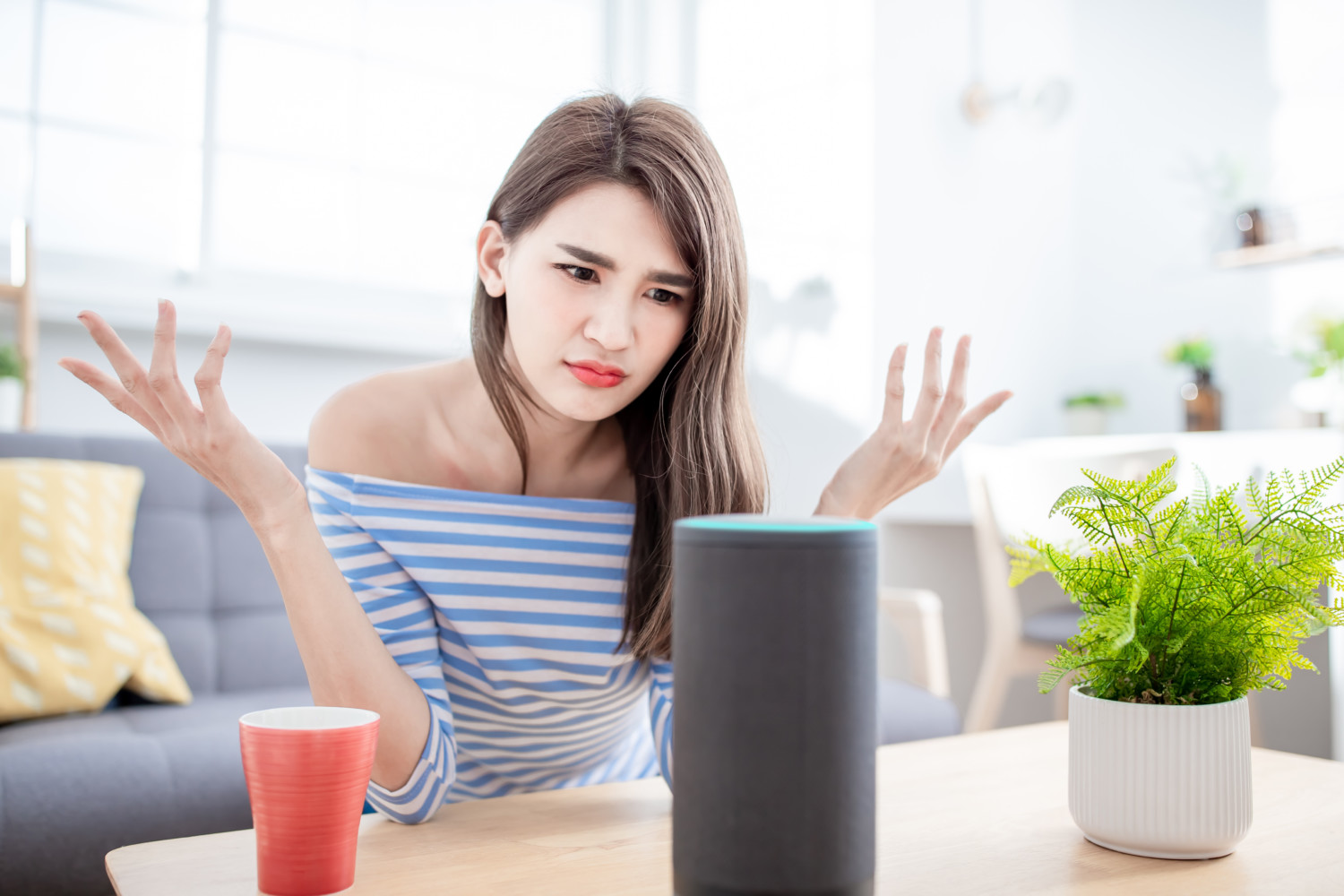Study confirms that your smart speaker is listening when it shouldn’t be
If you are one of the nearly 90 million U.S. adults who owns a smart speaker, you probably love it for the convenience it provides. You might use it to create shopping lists, check the weather, set timers and reminders, or even chat with family and friends. But could your inconspicuous little device be eavesdropping on private conversations in your own home?
Careful, Alexa Is Listening
Researchers at Northeastern University and Imperial College London set out to determine if, when, why, and how smart speakers (including Google, Amazon, Apple, and Microsoft devices) record audio unexpectedly from their environment. They experimented using 134 hours of Netflix content, including TV shows with different accents and voices, and repeated the tests multiple times. To capture the speakers lighting up, which shows they are in “listening” mode, researchers set up video cameras.
The newly-released study revealed concerning data. All 12 of the popular shows used caused at least one device to wake up at least one time, and almost every show triggered multiple devices to “wake up.” On average, the speakers logged one mistaken activation for every five hours. The study results noted that in some cases, however, researchers observed almost one misactivation per hour.
Additionally, non-English speech triggered misactivations, which means that households in which English is a second language could experience a higher possibility of privacy invasion. Garbled speech also triggered mistaken wake-ups, implying that people speaking at a distance might turn these speakers on.
There’s Some Positive News, Too
Typically, the devices mistook similar spoken words or phrases for their “wake words.” For example, someone saying, “Okay … to go” triggered a Google Home Mini as it is similar to the wake words, “Hey, Google.” When an actor said, “I messed up,” an Amazon device heard the word “Alexa.” However, there were several instances when the trigger sounded nothing like the device’s wake word.
But some of the devices showed evidence of learning from their mistakes. They were not activated a second time by the same phrasing. Additionally, the devices don’t record continuously or even for lengthy periods.
“People are always asking ‘Are the devices constantly recording?'” study co-author David Choffnes, Ph.D., an associate professor in the Khoury College of Computer Sciences at Northeastern University told Consumer Reports. “And we have no evidence to support that. When the devices do wake up, they don’t record for minutes or hours. It tends to be on the order of single-digit or tens of seconds.”

What You Can Do
Should you just ignore this information? Maybe not. Robert Fredrick, a former manager at Amazon Web Services, told Frontline that he turns off his Alexa devices when having conversations that he would not want to be shared.
If you want to keep your little AI assistant, you can take steps to better protect your privacy. Most smart speakers allow you to monitor what they record in their apps.
Look for a history section in your device’s settings. If you use an Apple device, you can opt out of voice recordings and delete your history. Amazon and Google speakers also enable you to remove your activity and prevent the companies from using your data. Microsoft provides ways to protect your privacy if you use Cortana, as well.
Past reports have confirmed that people are in fact listening to the recordings made by smart devices in an attempt to make the products more useful. So taking a few extra minutes to change your settings sounds like a good idea here!







